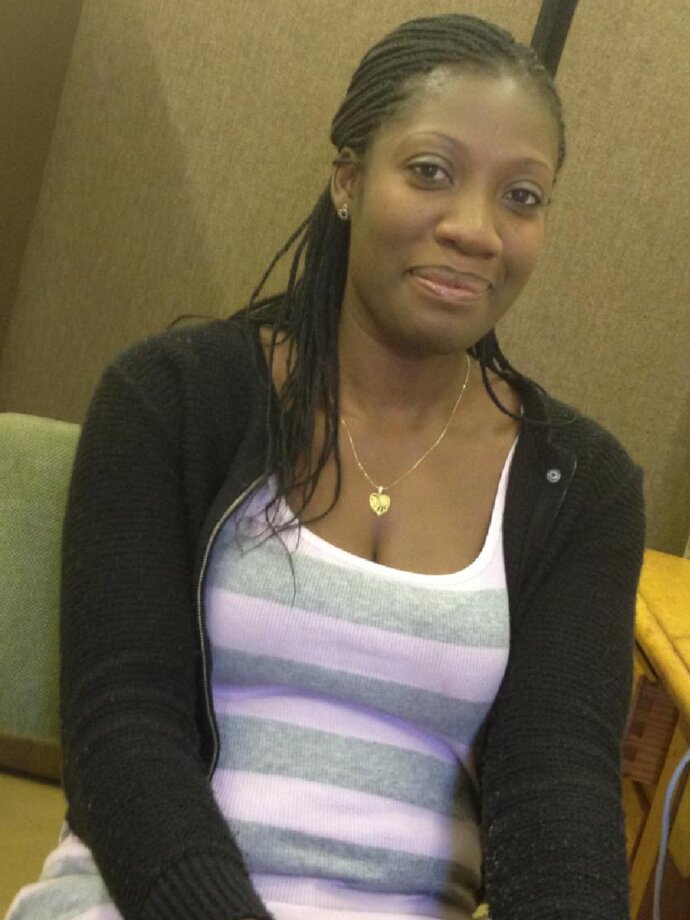
Dr
Oluwafikemi
Iji
Growing up as a young girl, the experience of getting in touch with the earth brought good feelings. My love for the outdoors and being in nature was unprecedented. The journey to want to nurture, aroused my interest in Veterinary medicine and after 2 years of private practice, I switched into academia. I then began to follow with keen interest the break through developments in biological and physical sciences and came to appreciate the way discoveries in the Laboratory greatly influenced happenings and events at the patients bedside, and the world at large.
Moreover, having a general sense for the interconnectedness of animals, people, and the environment we share and not being happy about the current situation, transitioned my research focus into environmental and ecosystem health research which led to pursuing a PhD degree in Paraclinical science at the University of Pretoria (first female to do so in my home University). I established models to test the toxic effects of untreated and treated AMD water on fish gill cells in the Laboratory as an alternative to animal models that are expensive and incur ethical implications. The implications of which were far-reaching in terms of conservation of aquatic species, as well the safety of water to rural people making use water from rivers and streams downstream to mines for drinking, cooking and cleaning. This provided very valuable and distinct contribution to the current body of knowledge. My PhD degree opened my eyes to a number of possibilities about improving environmental quality through science.
On returning to my home country, I began to identify gaps in research that favored studies that were good for careers as academics (publishing), but lacked basic component of community applications (problem solving) thus giving little value to funding agencies, therefore, I repositioned to address these issues. A good amount of emerging and re-emerging diseases are connected to breakdowns in societies and degradation of the environment, there is no doubt that human health and ecosystem services are intrinsically linked. Emerging global problems can only be addressed by understanding the complex dynamics at play at human – animal – environmental interfaces.
A number of human activities disrupt, or re-engineer ecosystems every day hence, the need for a better understanding of the dynamics of our ecosystem and the factors that influence these changes, so that deliberate steps can be taken to improve its condition of health. My field of research is still grossly under-represented in Nigeria, and, even worse is the number of women involved in this field of research. I intend to continue to recruit women as part of a team implementing innovative new strategies to accelerate progress through the current crisis, to an era of ecological recovery. There is no university at home where I can take up a Post-doc in my field. I want to be able to provide the necessary manpower training needed in toxicology risk assessment in my country and Africa at large, organize exchange programs that could have a rippling effect by widening my influence base, as more women and girls are encouraged into science. And also in the future, take managerial roles that are often reserved for the opposite sex, so as to influence policy changes with regards to obsolete environmental laws in my country.
I believe taking a Post Doc position would polish my professional skills that I need to continue to pursue my career path as a woman in toxicology. It would provide the needed exposure for professional socialization, help me build better international collaborations with external parties, learn how to better get involved with obtaining funding, build a publication record and become a more strategic research planner. Most importantly, acquire the training needed to manage projects and a Laboratory, with the goal of becoming a full stand alone reseacher, in my own well equipped Laboratory.
There is so much change I want to see happen, but as it is with low income countries, the monetary recourses to either pursue quality education or acquiring necessary skills to ensure a great head start are not available. I intend to continue to encourage and enlighten others to become more environmentally conscious and responsible, so that they can make well informed decisions that can protect the environment in which we live. My career aspiration is simple ‘To be a foremost environmental toxicologist/ecosystem health researcher, promoting the one health concept: the health and well- being of people, animals, and the environment we share. Outside of work, I enjoy working out with my kids and husband.
Environmental toxicology, Ecosystem health research, One health